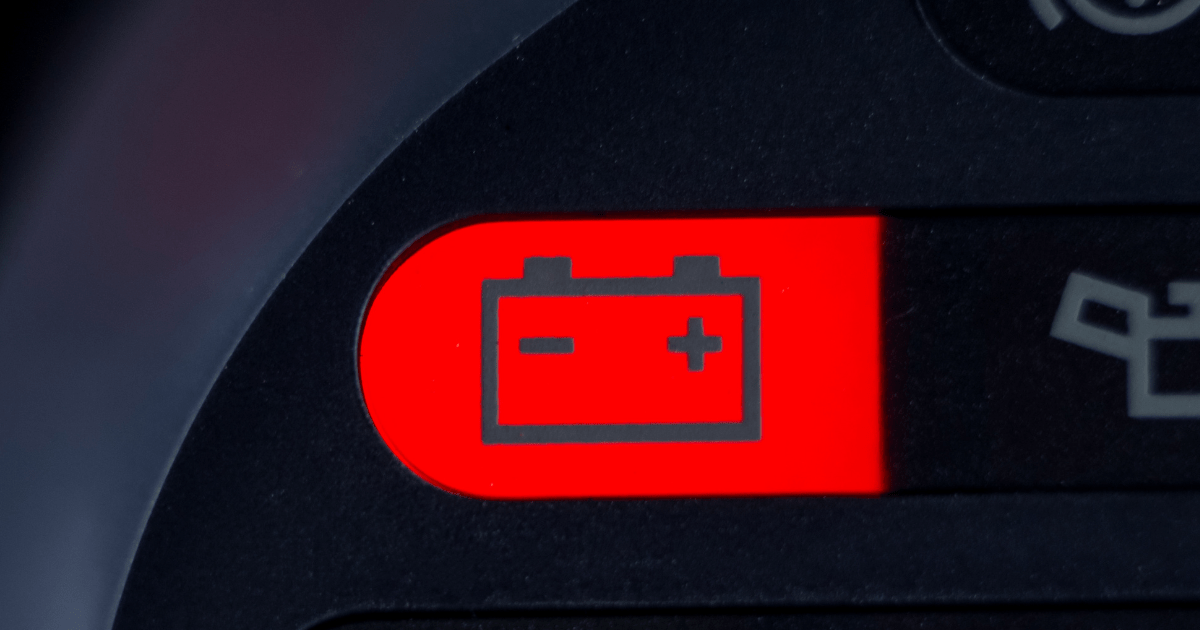
Driving Test Booking Changes For 2025 and 2026
Your guide to the latest driving test booking changes, new DVSA rules and measures aimed at cutting waiting times for learner drivers across the UK.
Navigating the roads in hot weather brings a distinct set of challenges that both new and experienced drivers must be prepared for. High temperatures can significantly impact your vehicle’s performance, your comfort, and overall safety while driving. This blog provides comprehensive tips on handling driving in hot weather, helping you stay cool, safe, and ready for any summer driving challenges. From maintaining your car’s cooling system to managing personal comfort and safety, we’ll cover all the essential aspects you need to know.
Driving during the summer months can be enjoyable, with longer days and clear skies, but the intense heat can create problems that make driving uncomfortable and even dangerous. For learner drivers, these challenges can be particularly daunting due to their lack of experience in managing such conditions. Regular drivers, on the other hand, may become complacent and overlook the importance of taking additional precautions in hot weather. This guide is designed to provide valuable insights and practical advice for both learner and regular drivers to help them stay safe and comfortable on the road during the hottest months of the year. By understanding the potential hazards and learning how to mitigate them, you can ensure that your summer driving is both enjoyable and safe.
When the mercury rises, it’s crucial to pay special attention to your vehicle’s cooling systems and your own well-being. Properly managing these elements can prevent potential breakdowns and ensure a safer driving experience during the hot summer months. This section delves into practical advice for keeping both your car and yourself in optimal condition while driving in high temperatures.
High temperatures can significantly affect various components of your car, leading to increased wear and tear. Your engine, tyres, battery, and interior components can all suffer from prolonged exposure to heat. The engine must work harder to dissipate the extra heat, potentially leading to overheating if the cooling system is not properly maintained. Tyres can experience increased pressure, risking blowouts, while the battery’s efficiency can be reduced, making it harder to start your vehicle. Even the interior of your car can be affected, as heat can cause materials to warp or crack. Understanding these impacts is crucial for taking the necessary steps to mitigate damage.
Your car’s cooling system, which includes the radiator, coolant, water pump, and thermostat, is the first line of defence against overheating. In hot weather, this system works harder to keep the engine at an optimal temperature. Regular maintenance is crucial to prevent overheating and engine damage. Ensure that coolant levels are adequate and that there are no leaks. Periodically flushing the radiator and replacing the coolant can help maintain efficiency. It’s also important to check the water pump and thermostat for proper operation. Regular inspections and maintenance can help you avoid costly repairs and ensure your engine runs smoothly.
The air conditioning system in your car is vital during the summer months, keeping you comfortable and ensuring you remain alert and focused while driving. However, running the air conditioning continuously can strain your engine and affect fuel efficiency. To optimise performance, ensure coolant levels are topped up and the system is free of leaks. Using sunshades when parked can reduce the interior temperature, making it easier for the air conditioning system to cool the car quickly. Additionally, during the initial phase of cooling your car, it’s more efficient to drive with the windows down for a short period to expel the hot air before turning on the air conditioning.
While maintaining your vehicle is important, your personal comfort and safety are equally crucial. Dehydration and fatigue can impair your driving ability. Always carry a supply of water and drink regularly, especially on long trips. Wearing light, breathable clothing helps keep you cool, and taking regular breaks to rest and cool down can prevent fatigue and improve concentration on the road. It’s also advisable to avoid heavy meals and caffeine, which can contribute to dehydration. Planning your journey to include rest stops can help you stay refreshed and focused.
Driving in hot weather requires a combination of vehicle maintenance and personal care. By understanding the effects of heat on your vehicle and taking steps to mitigate these impacts, you can ensure a safer, more comfortable driving experience. Keep your cooling systems in check, use your air conditioning wisely, and prioritise your hydration and rest. With these tips, you’ll be well-prepared to handle the challenges of summer driving.
Driving in high temperatures can lead to several issues that may affect both your vehicle and your personal safety. Being aware of these potential problems is the first step in preventing them. Here are five key points to consider:
Engine Overheating: High ambient temperatures can cause your engine to overheat, leading to potential breakdowns and costly repairs.
Tyre Pressure Changes: Heat can cause tire pressure to rise, increasing the risk of blowouts and affecting handling.
Battery Performance: Excessive heat can reduce battery efficiency, making it harder to start your vehicle and potentially leading to a dead battery.
Driver Dehydration and Fatigue: Hot weather can cause drivers to become dehydrated and fatigued more quickly, which can impair concentration and reaction times.
Sun Glare: Strong sunlight can create glare on your windshield, reducing visibility and increasing the risk of accidents.
To help you stay safe and comfortable on the road during hot weather, here are some practical tips addressing common issues:
Tip: Regularly Check and Maintain Your Cooling System
Explanation: Keeping your car’s cooling system in top condition is vital during hot weather. Regularly check the coolant level and refill it if needed. A well-functioning cooling system can prevent your engine from overheating, thus avoiding breakdowns and ensuring smooth operation. Additionally, consider using a coolant mixture that is appropriate for hot weather to enhance the cooling efficiency.
Tip: Monitor Tyre Pressure Frequently
Explanation: High temperatures can cause the air inside your tyres to expand, leading to increased pressure. Regularly check your tyre pressure and adjust it according to the manufacturer’s specifications. Proper tyre pressure not only enhances safety but also improves fuel efficiency. It is also a good idea to inspect your tyres for signs of wear or damage regularly, as hot weather can exacerbate existing issues.
Tip: Get Your Battery Tested Regularly
Explanation: The efficiency of your car battery can be compromised by heat. Have your battery tested periodically, especially before embarking on long trips. This precaution can help prevent unexpected breakdowns and ensure your vehicle starts reliably every time. Keeping your battery terminals clean and checking for any signs of corrosion can also help maintain optimal performance.

Tip: Stay Hydrated and Take Regular Breaks
Explanation: To combat the effects of heat on your body, keep a supply of water in your car and drink frequently. Taking regular breaks during long journeys allows you to rest and cool down, reducing the risk of dehydration and fatigue, and maintaining your alertness on the road. Plan your trips to include rest stops and use these breaks to stretch your legs and get some fresh air.
Tip: Use Sunglasses and Keep Your Windshield Clean
Explanation: Sun glare can significantly impair your visibility while driving. Wearing polarised sunglasses can help reduce glare, and keeping your windshield clean will ensure the best possible visibility. Using your car’s sun visors effectively can also help mitigate the effects of glare. Consider investing in an anti-glare coating for your windshield to further reduce the impact of direct sunlight.
Driving in hot weather demands extra vigilance and preparedness to ensure both your vehicle and personal safety. By paying attention to your car’s cooling systems, monitoring tyre pressure, maintaining battery health, staying hydrated, and managing sun glare, you can effectively handle the challenges of summer driving.
Always stay alert and ready to address any issues that may arise due to high temperatures, and you’ll enjoy a safer, more comfortable driving experience throughout the season. Ensuring that your vehicle is well-maintained and that you are personally prepared for the heat can make a significant difference in your summer driving experience.
Regular maintenance checks, proper hydration, and taking steps to reduce sun glare are all simple but effective measures to enhance safety and comfort. Whether you are a learner driver or a seasoned motorist, being proactive about hot weather driving can help you avoid potential hazards and ensure a smooth journey. Remember that hot weather can affect your vehicle and your driving ability in various ways. By following the tips outlined in this guide, you can minimise the risks and enjoy your time on the road, even during the hottest months of the year. Stay cool, stay safe, and happy driving!
It’s advisable to check your coolant level every couple of weeks during hot weather, or before long journeys. Ensuring that your coolant is at the proper level can prevent overheating and keep your engine running smoothly.
Yes, running the air conditioning can reduce fuel efficiency. Ensure your car is well-maintained to minimize this effect. Keeping your tyres properly inflated and your engine tuned can also help improve fuel efficiency during hot weather.
Safely pull over, turn off the engine, and allow it to cool. Do not open the radiator cap while it’s hot. Call for roadside assistance if necessary. If you have to continue driving, run the heater to help dissipate heat from the engine.
Summer tyres are designed for high temperatures and provide better performance and safety in hot weather compared to all-season or winter tyres. These tyres offer improved traction and handling, making them ideal for driving in hot conditions.
Use polarised sunglasses and ensure your windshield is clean. Adjust your sun visors appropriately and consider applying an anti-glare film to your windshield. These measures can help reduce glare and improve visibility, enhancing your overall driving safety.
You will be logged out in seconds. Do you want to stay signed in?